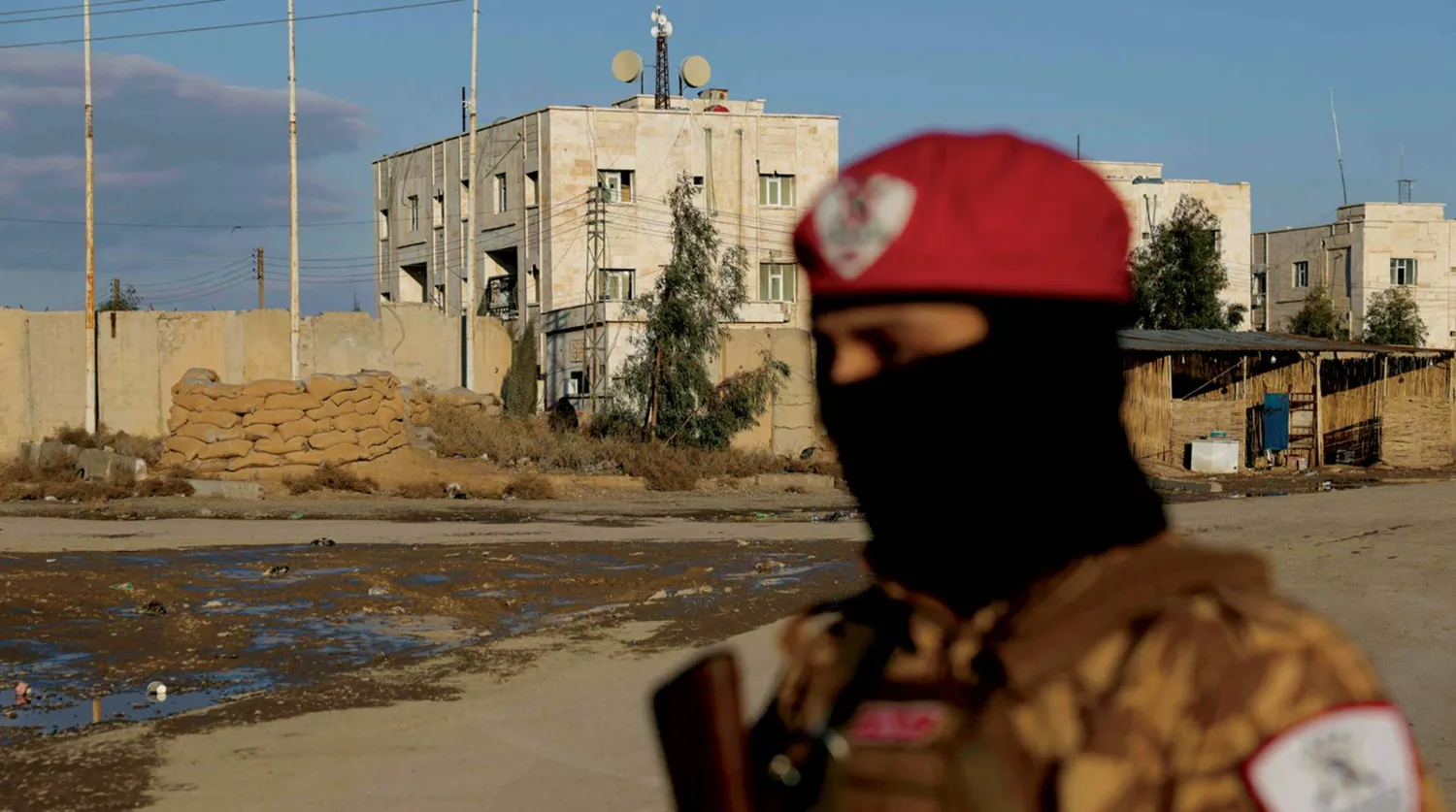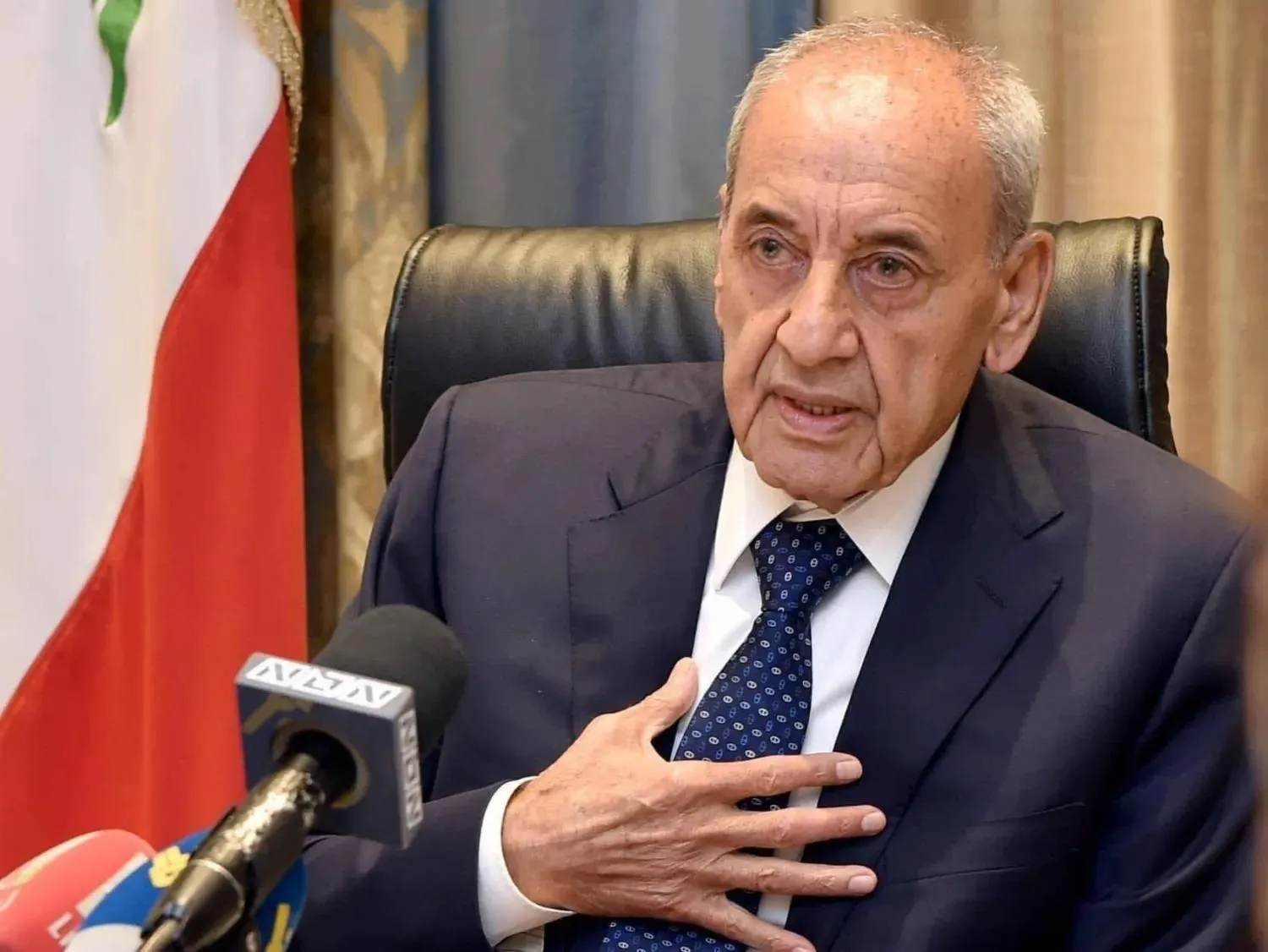Israel revealed on Sunday new details about the assassination of Hamas political bureau chief Ismail Haniyeh in Tehran on July 31.
Days after Israeli Defense Minister Israel Katz admitted Israel's responsibility for Haniyeh's killing, Israel’s Channel 12 said the assassination was carried out with a “precision bomb” placed inside Haniyeh's room and controlled remotely.
The report contradicted Iranian and Hamas reports that claimed Haniyeh was killed by a “short-range projectile.”
It said Israeli agents placed an improvised explosive device in Haniyeh’s room near his bed before the inauguration of new Iranian President Masoud Pezeshkian on July 31.
The channel said a broken air conditioning unit nearly scuttled Israel’s assassination of Haniyeh, who appeared on the verge of changing rooms before staff at the Iranian Revolutionary Guard Corps’ guesthouse in Tehran managed to fix the cooling system.
The Israeli decision to take out Haniyeh came shortly after Hamas’ October 7, 2023, attack, when the movement's leader was placed somewhere at the top of a list compiled by senior intelligence officials. It was only a matter of when, Channel 12 said.
Tamir Heyman, former head of the Military Intelligence Directorate, told the channel that for several years Haniyeh had been a well-known figure to the Israeli public, but was not considered a prime target. “The main targets of Israel were military figures, such as Yahya Sinwar and Mohammed Deif,” he said.
But the dramatic shift that turned Haniyeh into a target were events that followed the October 7 attack.
In late January, Israel uncovered documents seized in a tunnel used by Sinwar, proving the deep military coordination between the two men.
Investigative journalist Ronen Bergman said Haniyeh played, in general, a key role in the Hamas military operations, and in particular, in the preparation for the October 7 attack.
How did Israel infiltrate the Iranian stronghold?
The report said the options for where to kill Haniyeh were Qatar, Türkiye, Russia and Iran — the four countries frequented by the Hamas leader.
It explained that Haniyeh could not be assassinated in Qatar as this would have harmed the hostage mediation efforts.
Israel also feared a furious reaction from Turkish President Recep Tayyip Erdogan and similarly did not want to anger Russian President Vladimir Putin, leaving Iran as the most suitable option, the channel said.
The fact that Haniyeh stayed repeatedly in the same IRGC guesthouse in the luxurious northern Tehran neighborhood of Saadat Abad made the operation easier to plan.
However, he was guarded as a guest of honor by the IRGC’s top personal security team, requiring a deep level of infiltration in order to pull off the assassination.
Channel 12 said the Haniyeh assassination was at an even higher level than the pager operation that targeted Hezbollah members in Lebanon in September.
“We penetrated the inside and outside of the most guarded Iranian facility,” Iran expert Beni Sabti of the Institute for National Security Studies told the channel.
It reported that planning the operation took months, with unnamed sources describing the mission as “one of the most complex and sensitive operations.”
Israeli agents installed an improvised explosive device in Haniyeh’s room near his bed. The IED was slightly larger than Israel had planned.
Shortly before the planned detonation, the AC unit in Haniyeh’s room broke down, and the Hamas leader left his room to request assistance.
Citing a source familiar with its planning, Channel 12 said the Hamas leader was gone for so long that Israel feared that he was being moved to a different room, which would have scuttled the entire operation.
After some time, though, the AC unit was fixed and Haniyeh returned to his room.
At 1:30 am, there was a huge explosion in the compound.
“After about a minute, the medical team declares him dead, and then [now-Hamas leader] Khalil al-Hayya enters and sees his colleague lying dead and bleeding on the ground, and he himself falls to his knees and bursts into tears,” said Bergman. “It's a dramatic moment.”
Who assisted the Mossad?
The precision and success of the operation reportedly sowed panic in the Iranian leadership, and to this day, and the question of who assisted the Mossad in the operation remains.
According to both Bergman and Heyman, the operation was complex and therefore, could not have been carried out without significant help from within Iran or Hamas.
“This requires a whole network of execution capabilities,” emphasized Heyman. “It probably involves some people who betrayed their country or betrayed their mission and cooperated to allow this to happen.”
On Sunday, Hamas in a statement denied Israeli reports about the assassination of the former head of its political bureau.
It said joint investigation between the movement’s security apparatus and Iran’s security apparatuses showed that Haniyeh was killed by a guided missile weighing 7.5 kg that directly targeted his mobile phone.
“The claims made by the occupation regime are merely a desperate attempt to divert public opinion from this crime, which clearly violates Iran’s sovereignty,” Hamas said.









